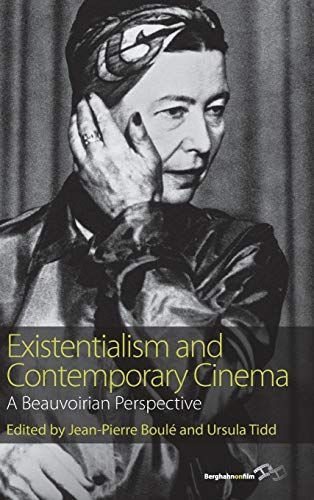
Existentialism and Contemporary Cinema A Beauvoirian Perspective
Simone de Beauvoir's work has not often been associated with film studies. This is paradoxical when it is recognized that she was the first feminist thinker to inaugurate the concept of the gendered "othering" gaze. Moreover, other concepts associated with Beauvoirian existentialism such as ambiguity, gendered alienation, situated freedom, and woman as absolute Other are highly suggestive for reading screen culture. This book is an attempt to redress this balance and reopen the dialogue between Beauvoir's writings and film studies. The authors analyze a range of films, from directors including Claire Denis, Michael Haneke, Lucille Hadzihalilovic, Sam Mendes, and Sally Potter, by drawing from Beauvoir's key works such as The Second Sex (1949),The Ethics of Ambiguity (1947),and Old Age (1970). The breadth of this book demonstrates the extent to which "existential" themes transcend space and time, continue to resonate with contemporary stars and film directors, and add value and meaning to the basic questions about human existence, and the quest for "authenticity."